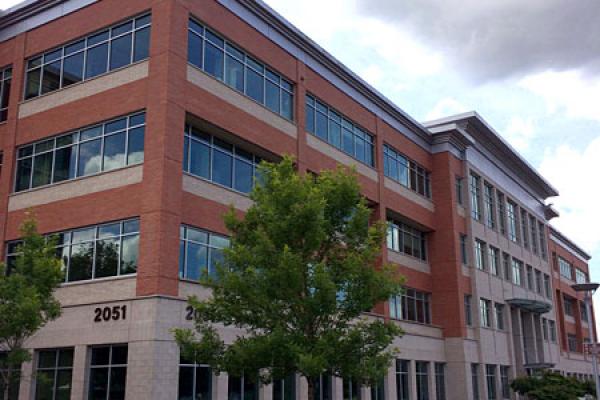Every person’s viewpoint is important. At a public business meeting or hearing, testimony is always welcome and considered during Discussion Items and Public Communications regardless of experience or technical expertise. While presenting effective testimony may not guarantee a particular result, following these tips will help provide the Board the data and feedback needed to make an informed decision.
Read available background materials in advance to identify issues and decision-making criteria related to the topic. Agenda packets and background materials are available in advance on the Business Meeting page.
Prepare support material like maps, photos, documents, etc., and cite any experts.
Prioritize your testimony which, at Board meetings, is usually limited to three (3) minutes. Make your most important points first.
Provide evidence to demonstrate and support your viewpoint.
Offer both oral and written testimony if possible. Written testimony and supporting materials will become part of the public record retained by the county.
What’s the testimony process?
- There are three basic testimony options at Board meetings: planned Discussion Items, Public Communications and Hearings.
- Sign up to testify on cards or sheets provided. Note the topic you will address. This helps the Chair put similar topics together.
- Speak directly into the microphone so you can be heard. State your name and area of residence to begin testifying.
- Address your testimony to the board and speak to the agenda topic.
- Written testimony can be emailed to bcc@clackamas.us or you can bring seven (7) copies. The Clerk will distribute them for you at the meeting.
- Board meetings allow public testimony but are not a forum for discussions or answering questions. Public meetings law requires advance notice of all discussion items.
- It is the responsibility of the Chair to retain order and carry out the Board’s agenda. The Chair may ask anyone actually disrupting a meeting to leave.
What are my responsibilities?
When speaking, the Board welcomes public opinions from all points of view.
- Testify respectfully and adhere to time limits.
- Support the rights of others to hold and express opinions that differ from yours.
When in the audience, everyone has the right to present to the Board without audience interruption.
- Listen respectfully and quietly.
- Refrain from disruptive behavior when others are testifying.
- Video cameras and other recording devices are allowed as long as they do not block views or aisles.
What happens with my testimony?
- Public Communications are considered by the Board and may be referred to staff for follow-up or be noticed for further discussion at a future meeting.
- Testimony on Discussion Items and Board Hearings is considered by the Board during the deliberations and becomes part of the official record.
- Once you testify at a Land Use Hearing, you will be able to testify at future hearings and appeals on the same case — this is called “standing.”
 Translate
Translate






